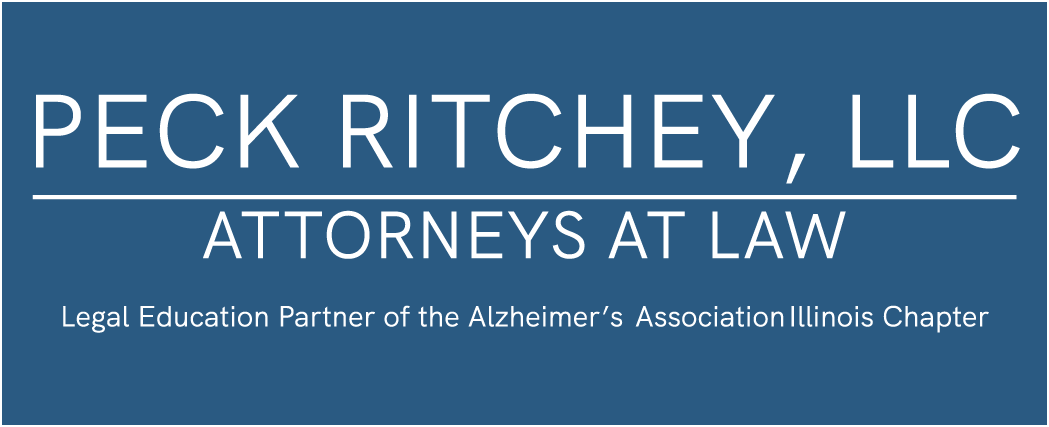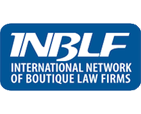 If you’ve every watched a legal drama on television or on the big screen, you probably think you understand what attorney-client privilege means. But do you? If you’re searching for a litigation attorney in Chicago, it’s vital that you understand what attorney-client privilege means for your case.
If you’ve every watched a legal drama on television or on the big screen, you probably think you understand what attorney-client privilege means. But do you? If you’re searching for a litigation attorney in Chicago, it’s vital that you understand what attorney-client privilege means for your case.
Do You Need To Hire Litigation Attorney In Chicago For Privilege To Count?
Some people think that they need to have actually hired a litigation attorney in Chicago for the privilege to count. However, this isn’t necessarily true. If you’re interviewing multiple attorneys to find the best one for your case, you’re likely going to have to talk about sensitive details of the case. After all, litigation attorneys in Chicago can’t give you a true idea of what you’re expecting if they don’t know all the important details. Potential clients can speak freely with a potential lawyer, as long as they’re considering hiring that attorney for their case.
This means that even if you don’t hire a specific litigation attorney in Chicago, they are bound to keep your case details confidential. It’s unethical for the lawyer to then work for the other side. If you interview five attorneys and then choose one for your case, the other four are prohibited from working with the other side.
Is It Just A Litigation Attorney In Chicago Who’s Bound By Privilege?
Privilege doesn’t just extend to the litigation attorney in Chicago. Legal secretaries and other employees of the law firm or people who have contracted to work with the lawyer are also bound by privilege. This helps ensure that everyone familiar with the case can speak freely and share ideas and strategies without worrying about compromising the case.
Limitations Of Privilege
While privilege is an important part of the lawyer-client relationship, it doesn’t mean that there aren’t limitations. If the case is discussed before people who are not the client or the attorney, this information isn’t considered privileged. Additionally, if the client is talking about committing a crime or committing fraud, the attorney is bound to report the action to the authorities. Clients can also waive privilege by talking about the case in public.
What Happens If A Litigation Attorney In Chicago Discloses Privileged Information?
A lawyer who discloses privileged information could find him or herself in a great deal of trouble by their state bar association. Lawyers can be reprimanded, suspended or even disbarred for revealing information that was privileged. This extends even after the case is over or if the client has transferred the case to another attorney. This means that an attorney cannot be forced to testify against a former client.
If you have questions regarding attorney-client privilege and the relationship between a client and a litigation attorney in Chicago, please contact us. We’re happy to take a look at your specific case and let you know whether a litigation attorney in Chicago can help.














